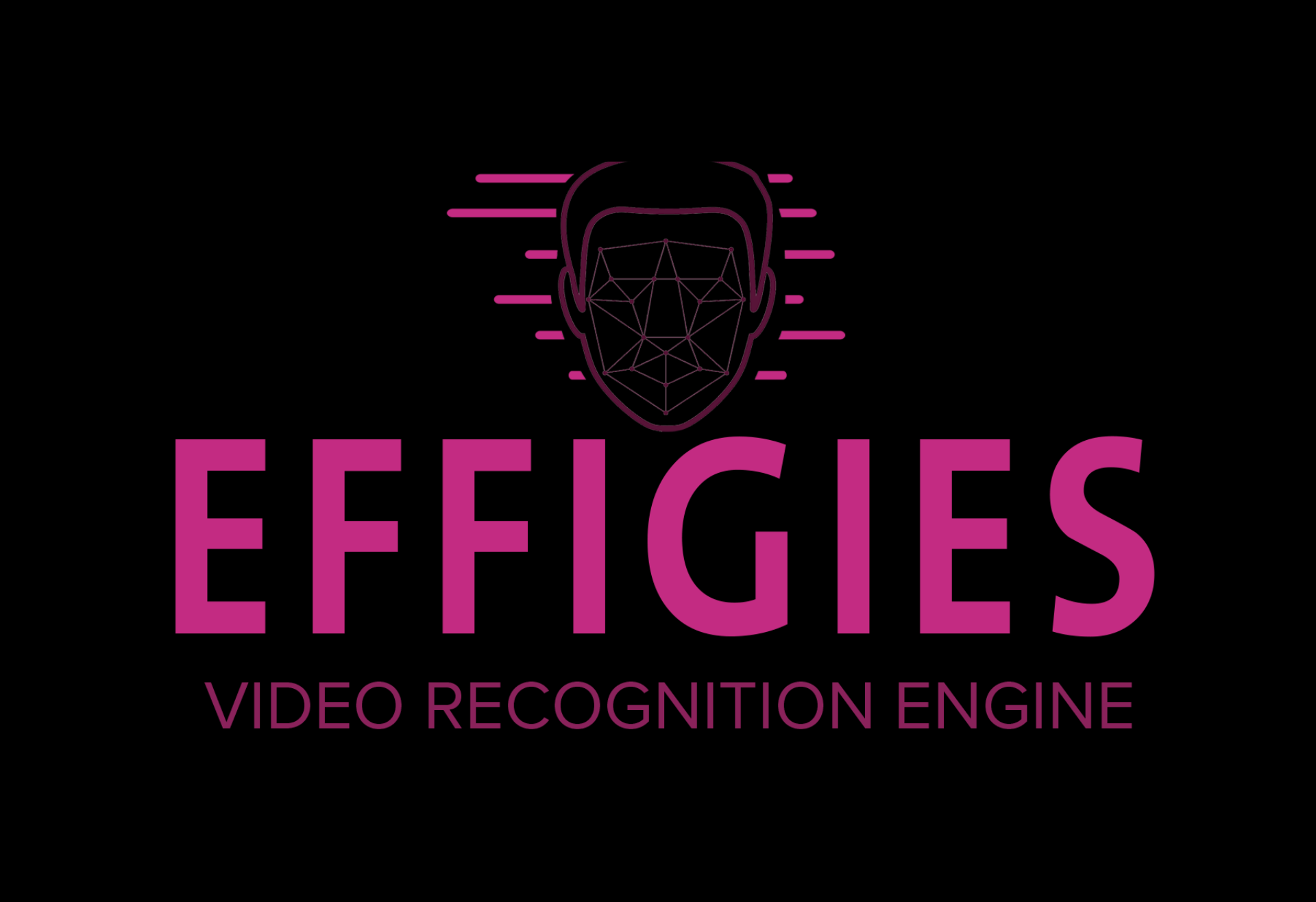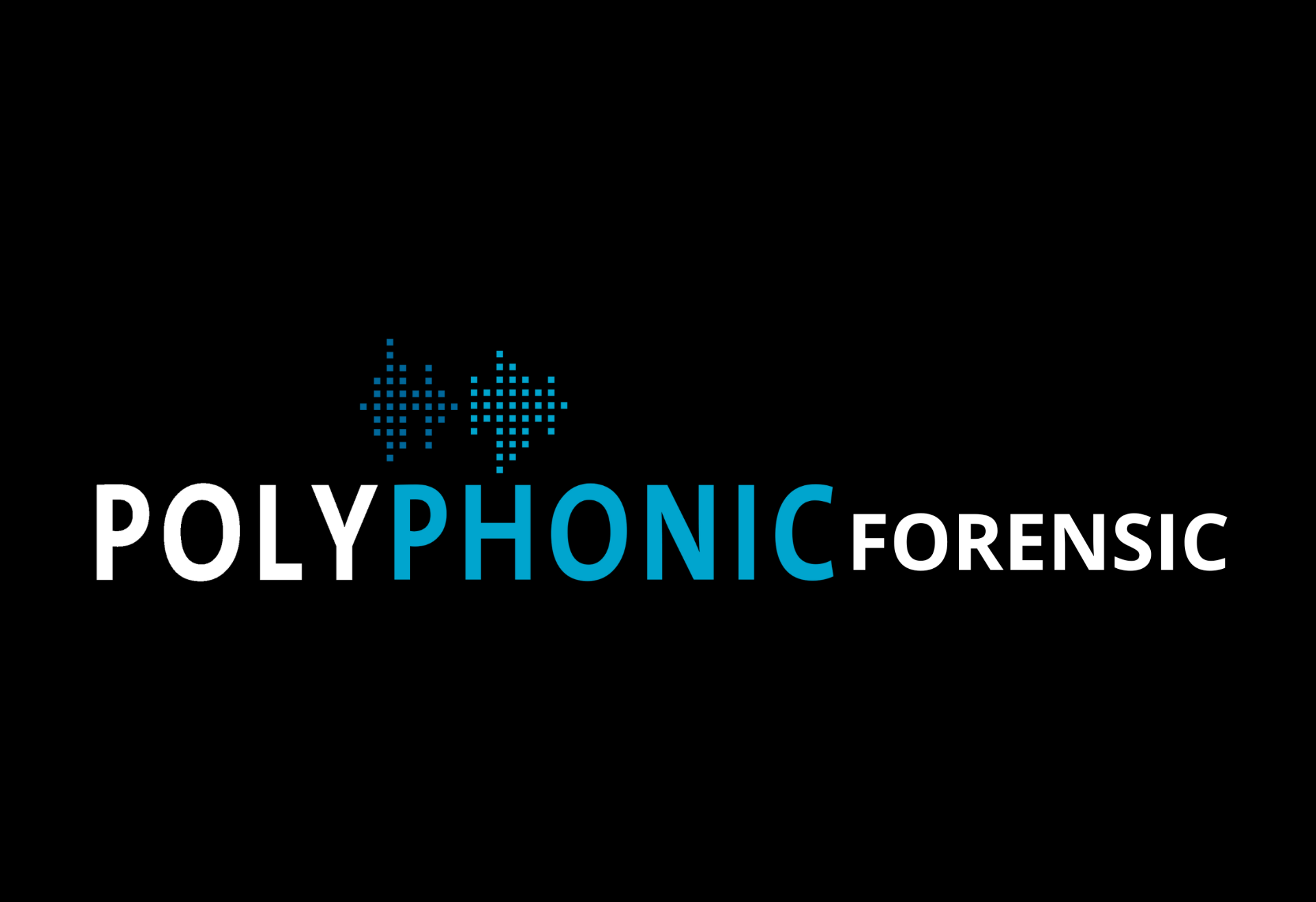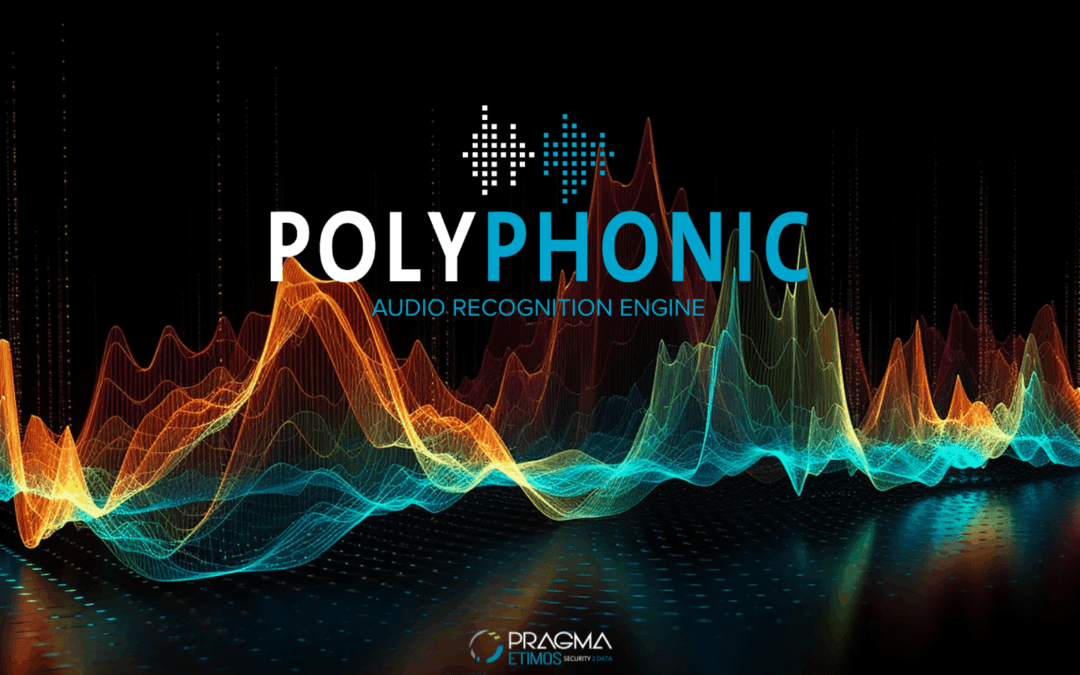In the digital and globalized world, we live in today, information security is an ever-increasing concern.
With the rise of cyberattacks, fraud and identity theft it is essential to find more secure ways to protect our personal and business information.
One of the emerging technologies that is revolutionizing cybersecurity is voice recognition. This authentication system offers significant advantages over traditional passwords, making access to data more secure and convenient.
The Weakness of Traditional Passwords
Traditional passwords have dominated the cybersecurity world for decades, but they have numerous inherent problems.
Many people tend to create weak passwords, often based on personal information such as names, dates of birth, or common words. The latter are extremely easy for hackers to guess, especially if they have access to the user’s personal data or use strategic tricks to obtain access keys.
Another common problem is reusing passwords across multiple websites and services. Users often use the same one across multiple platforms, which means that if one of them is compromised, all associated accounts become vulnerable. Scammers exploit this practice to gain access to numerous online accounts.
So many people are fooled by fake emails or websites that look legitimate and require them to enter passwords or update existing ones.
In addition, strong passwords are difficult to create and remember. As a result, many users opt for simple words or write them down in unsafe places. This further compromises the security of accounts.
Audio recognition as a solution
Voice recognition offers a promising solution to the problems mentioned.
This technology leverages the unique characteristics of the human voice to authenticate users. Here are some of the reasons why it’s more secure than classic passwords:
- Biometric uniqueness: A person’s voice is as unique as their fingerprints or face. Vocal features, such as frequency, timbre, and rhythm, are difficult to reproduce by an imposter, making it extremely difficult for hackers to successfully fake a user’s identity.
- Handling difficulties: voice recognition requires the physical presence of the user. You can’t steal or replicate someone’s voice remotely, unlike passwords that can be stolen in numerous ways.
- Easy to use: voice recognition is extremely convenient for users. You don’t need to remember strong passwords or change them regularly. Just say a specific phrase or word to access data securely and quickly.
- Continuous updating: A person’s voice can change over time due to aging or events such as the flu. This makes it even harder for hackers to attempt to evade the audio recognition system.
Polyphonic: Audio Recognition
Audio recognition represents a breakthrough in cybersecurity, offering a more secure and cost-effective alternative to traditional passwords. This technology leverages the biometric uniqueness of the human voice to ensure secure access to data.
We at Pragma Etimos have developed a solution that can improve security and data protection in order to face current and future challenges.
You may also like

COMPUTER VISION: WHAT'S NEW?
In recent years, the focus on Computer Vision has grown, thanks to the advent of increasingly advanced Machine Learning techniques that have allowed us to achieve performance comparable to that of the human brain. The growing ability to analyse video streams has shown…

NEURAL NETWORKS FOR NEW GENERATIONS OF IOT
The evolution of the new generations of Internet of Things (iot) has opened the door to an ever wider use of Artificial Intelligence (AI) in the context of the optimization of resources and the creation of more modern solutions close to contemporary needs…

